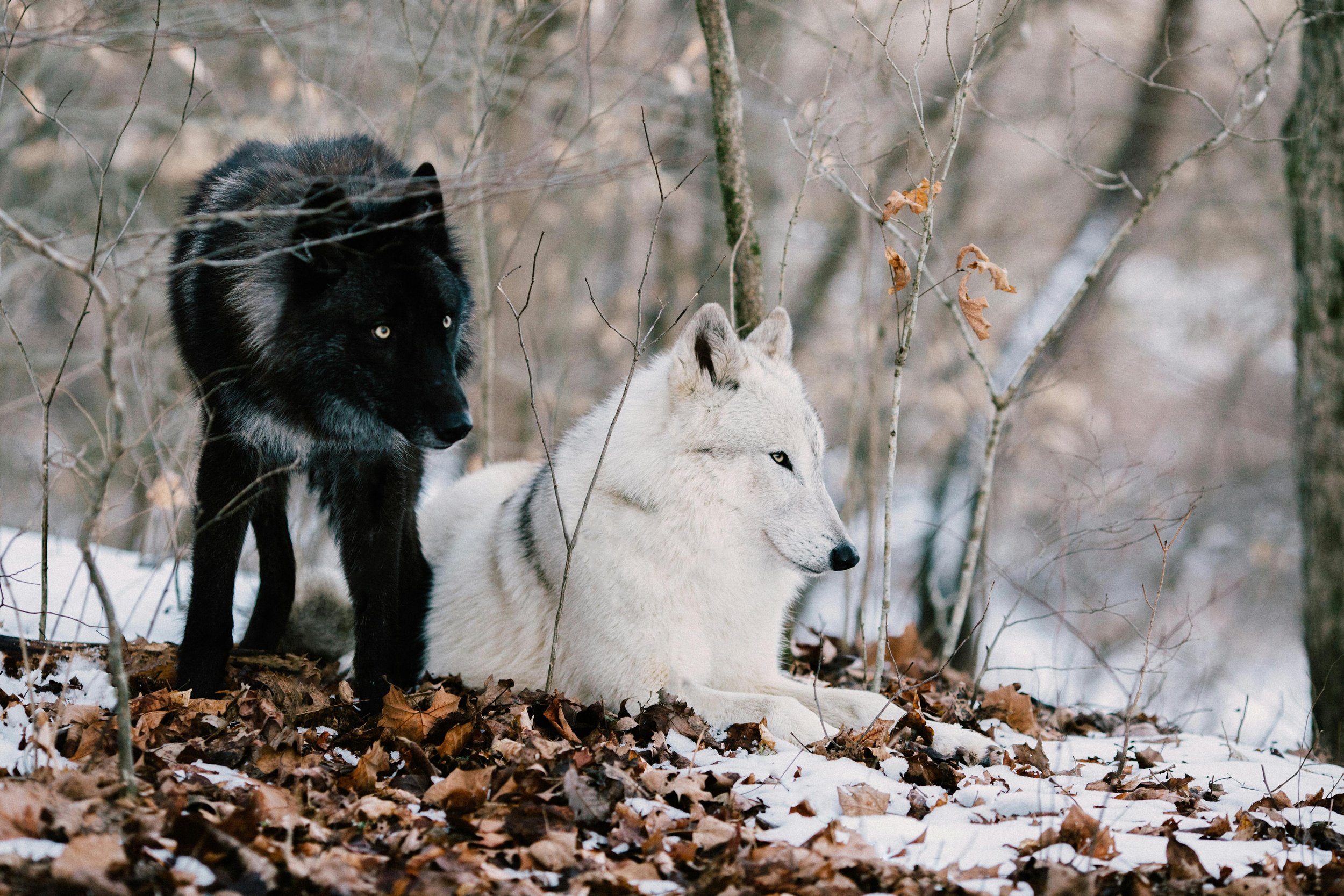The Story of Two Wolves
An old Cherokee grandfather once told his grandson:
“A fight is going on inside me,” he said. “It is a terrible fight between two wolves.
One is evil—he is anger, envy, sorrow, regret, greed, arrogance, self-pity, guilt, resentment, inferiority, lies, false pride, superiority, and ego.
The other is good—he is joy, peace, love, hope, serenity, humility, kindness, empathy, generosity, truth, compassion, and faith.”The grandson thought about it for a moment and asked, “Which wolf will win?”
The old man replied simply, “The one you feed.”
This traditional Cherokee story is widely known and retold in many spiritual, psychological, and therapeutic settings. While it isn’t attributed to a specific published source, it’s generally accepted as part of Cherokee oral storytelling tradition (Paul G. Stoltz, Adversity Quotient, 1997).
🐺 What This Has to Do with Therapy
Oh, just everything.
This tale reflects what we do in therapy each session—choose which wolf gets our attention. We learn to listen with curiosity to our inner dialogue, notice our triggers, and respond rather than react.
🧠 How This Applies to Mental Health
Whether you're working through anxiety, grief, trauma, or identity shifts, you're constantly at a fork in the road. Here’s what that might look like:
Fearful Thought: I’m not doing enough.
Compassionate Response: I’m doing the best I can at the moment.Triggered Reaction: Snapping at a loved one.
Mindful Response: Taking a breath and choosing empathy.Self-Judgment: I failed again.
Self-Compassion: That didn’t go as planned. What can I learn from it?
🛠 Therapy Helps You Feed the Right Wolf
As a Tampa therapist and art therapist, I utilize modalities such as Internal Family Systems (IFS), somatic therapy, art therapy, and CBT to help you recognize these two “wolves” as parts of you—not enemies, but messengers.
🖌 In art therapy, we might even draw these wolves to understand their messages more deeply. You get to choose how to visually represent your emotional landscape—no artistic talent required, just honesty and curiosity.
🔁 Every Thought, Word, and Action is a Meal
The wolves are always hungry. Every decision you make—what you say to yourself in the mirror, how you speak to a friend, the way you respond to discomfort—feeds one wolf or the other. Healing begins with awareness and intention.
📣 Ready to Feed the Right Wolf?
Therapy is where we sort out the internal growling and help you get back in the driver’s seat. If you're ready to start that journey, I’d love to hear from you.
📚 References:
Stoltz, P. G. (1997). Adversity Quotient: Turning Obstacles into Opportunities.
Native American Cherokee oral storytelling tradition (public domain parable)
Schwartz, R. C. (2001). Introduction to the Internal Family Systems Model.
Neff, K. (2011). Self-Compassion: The Proven Power of Being Kind to Yourself.

